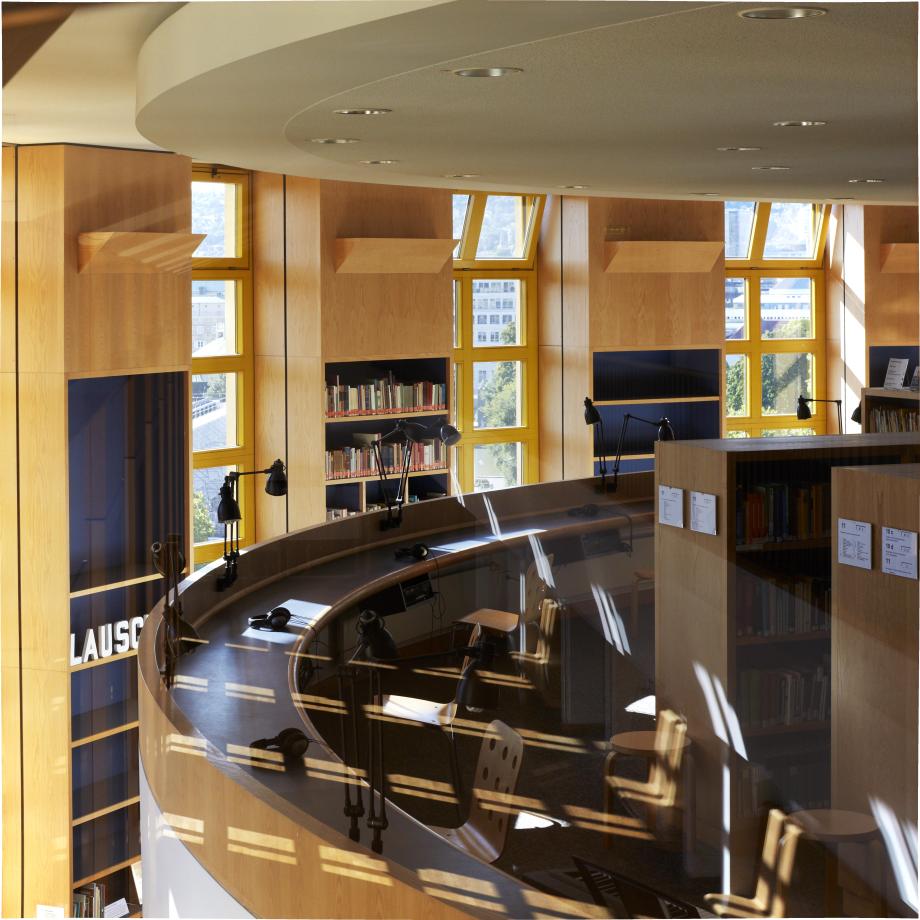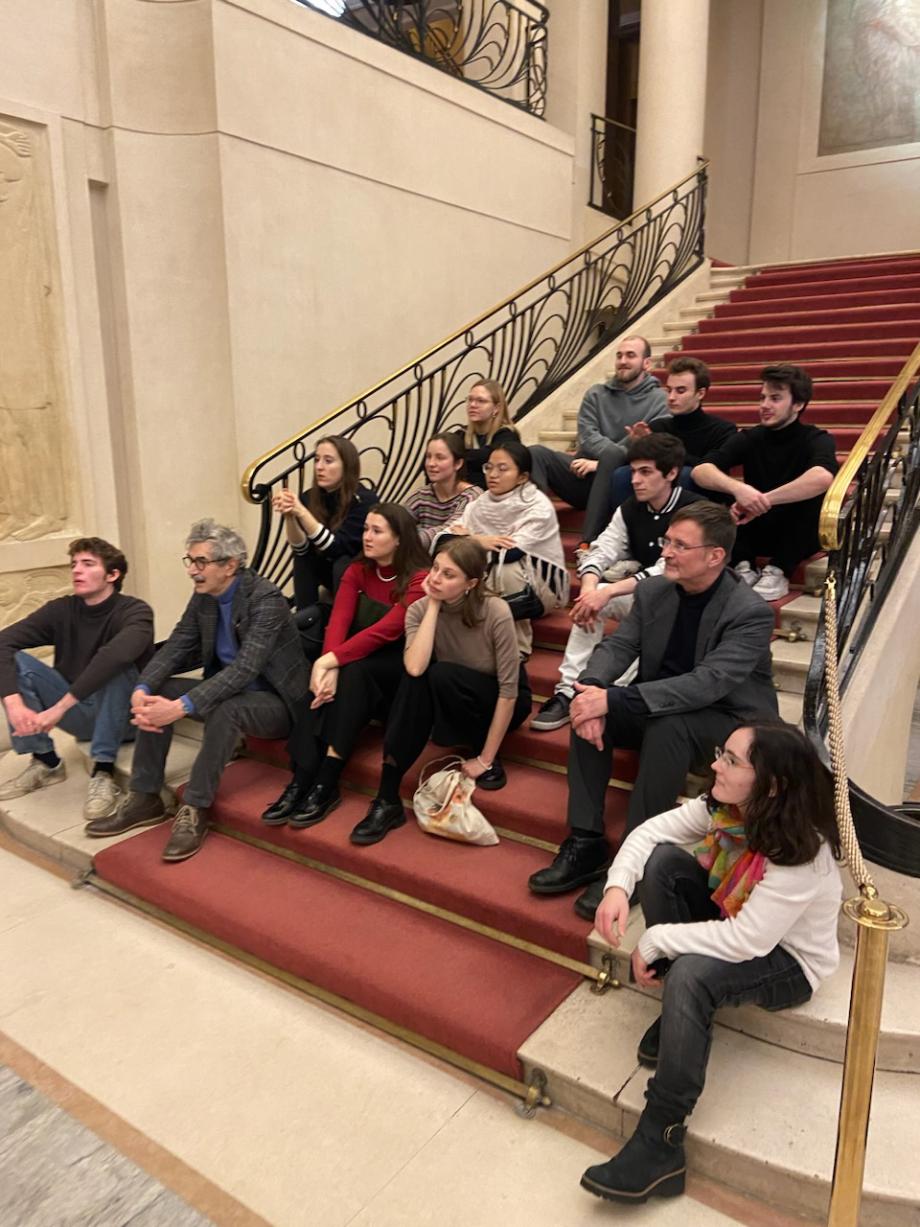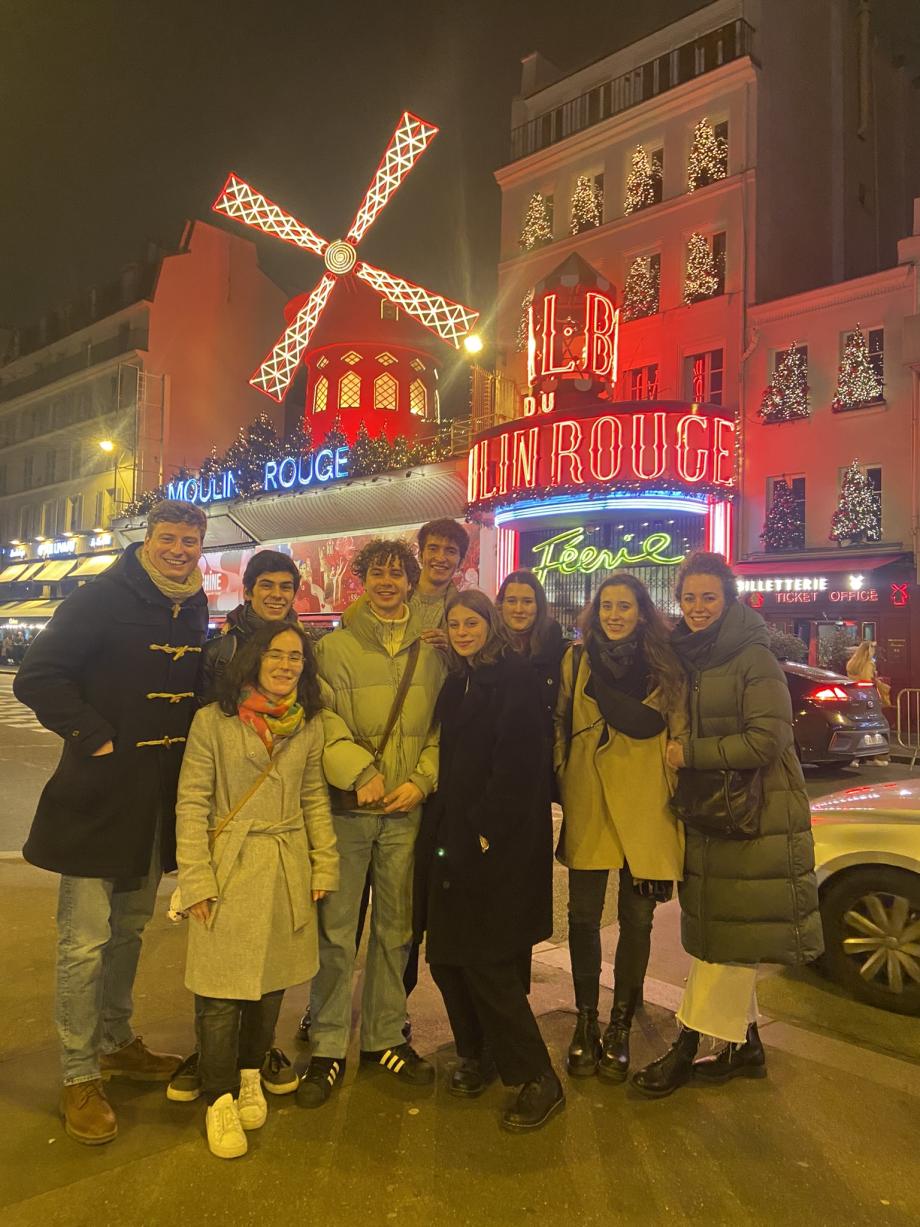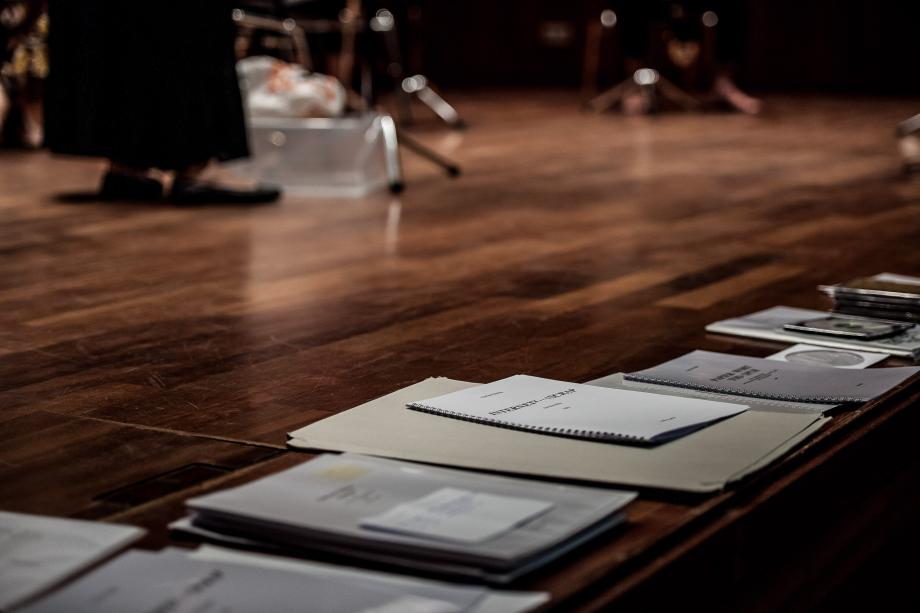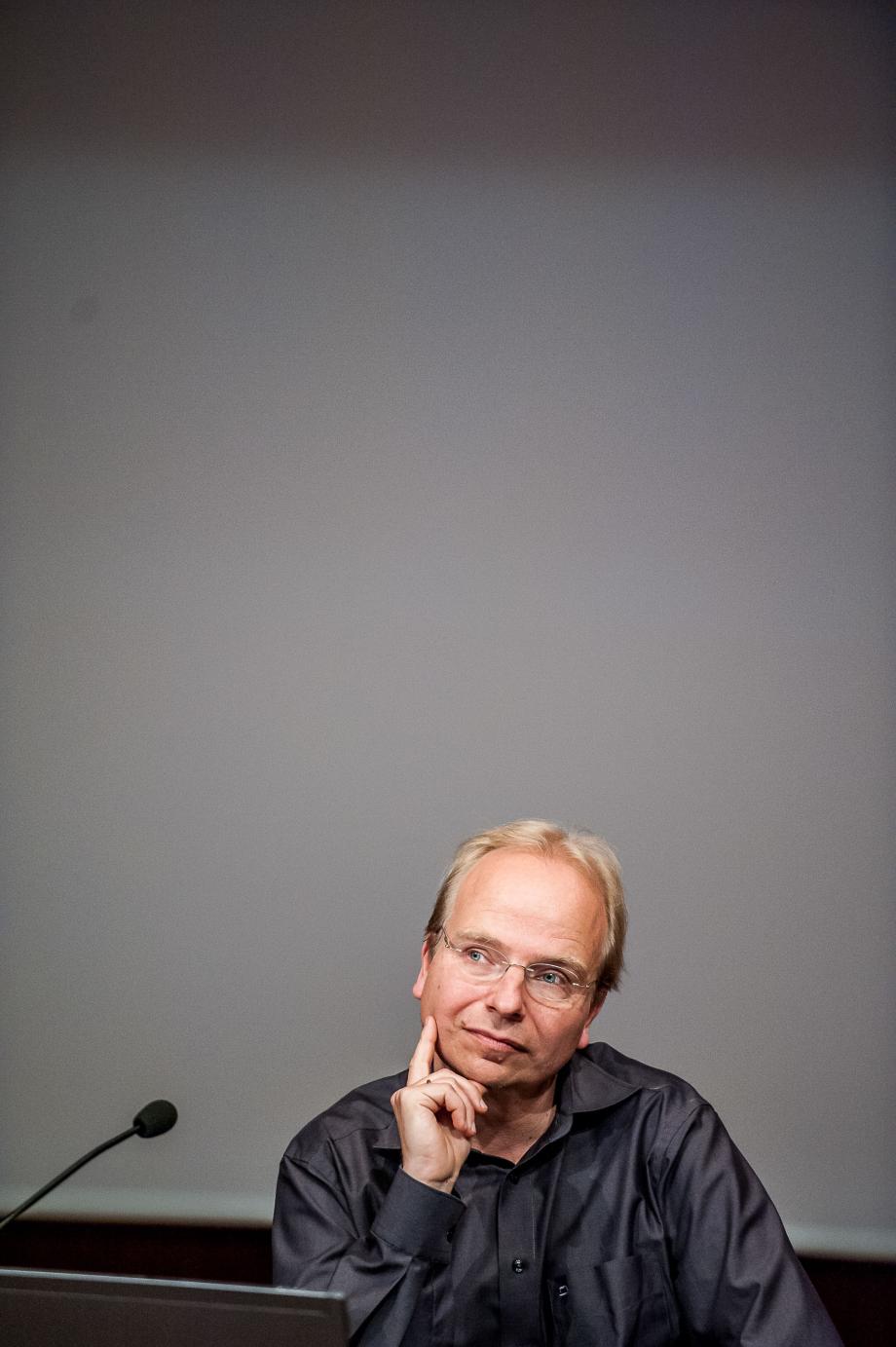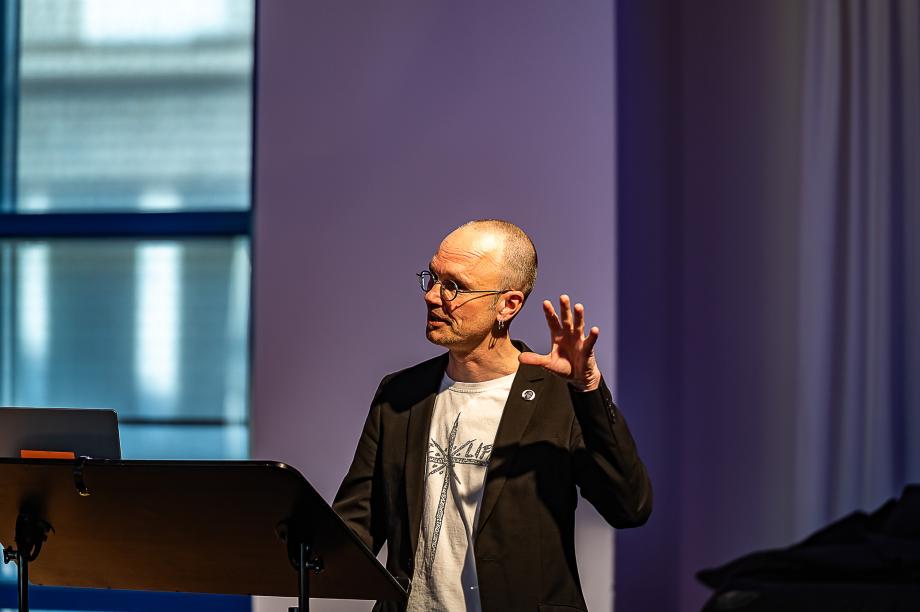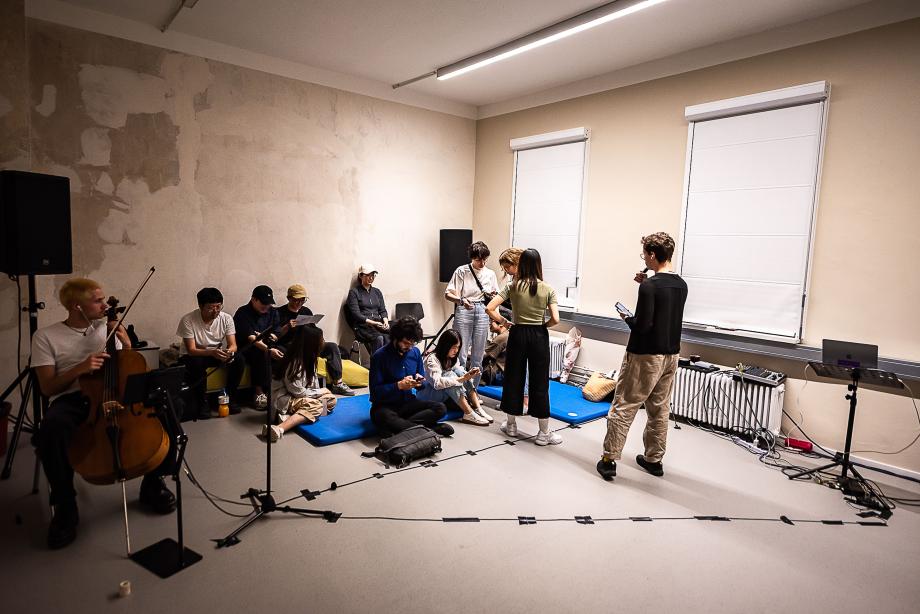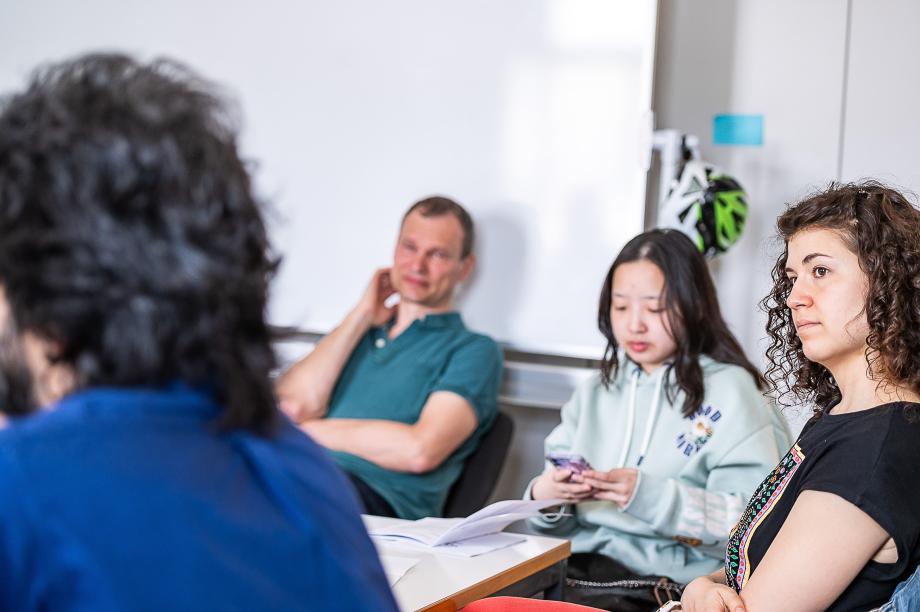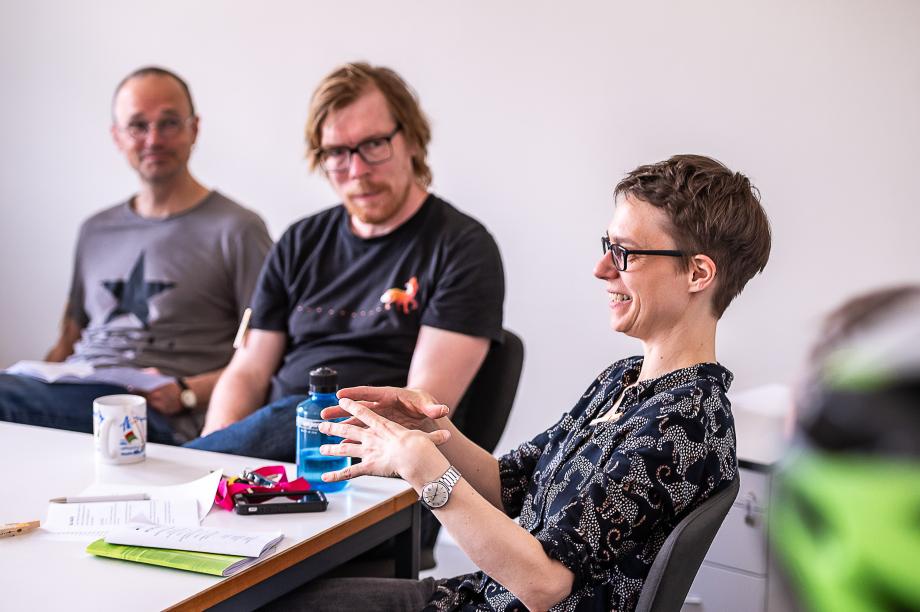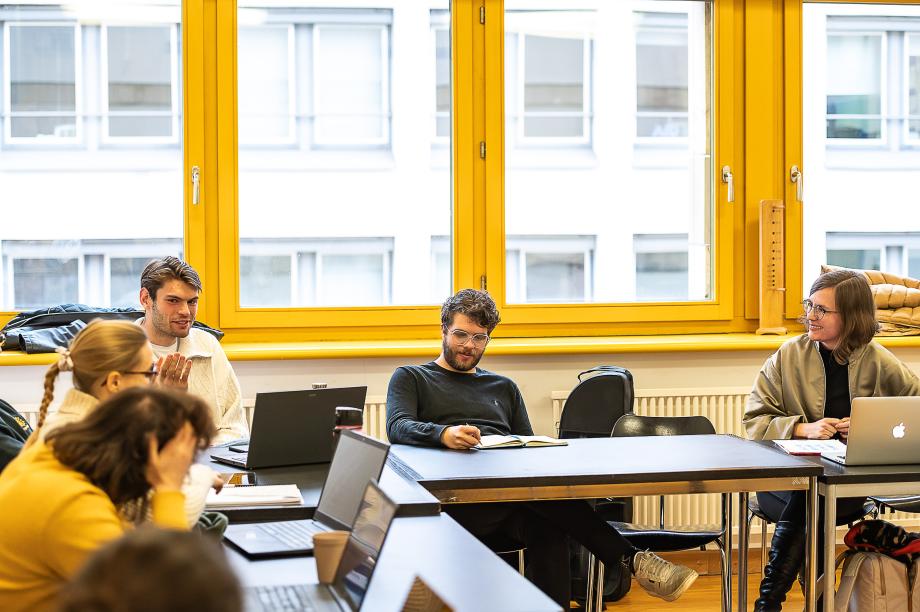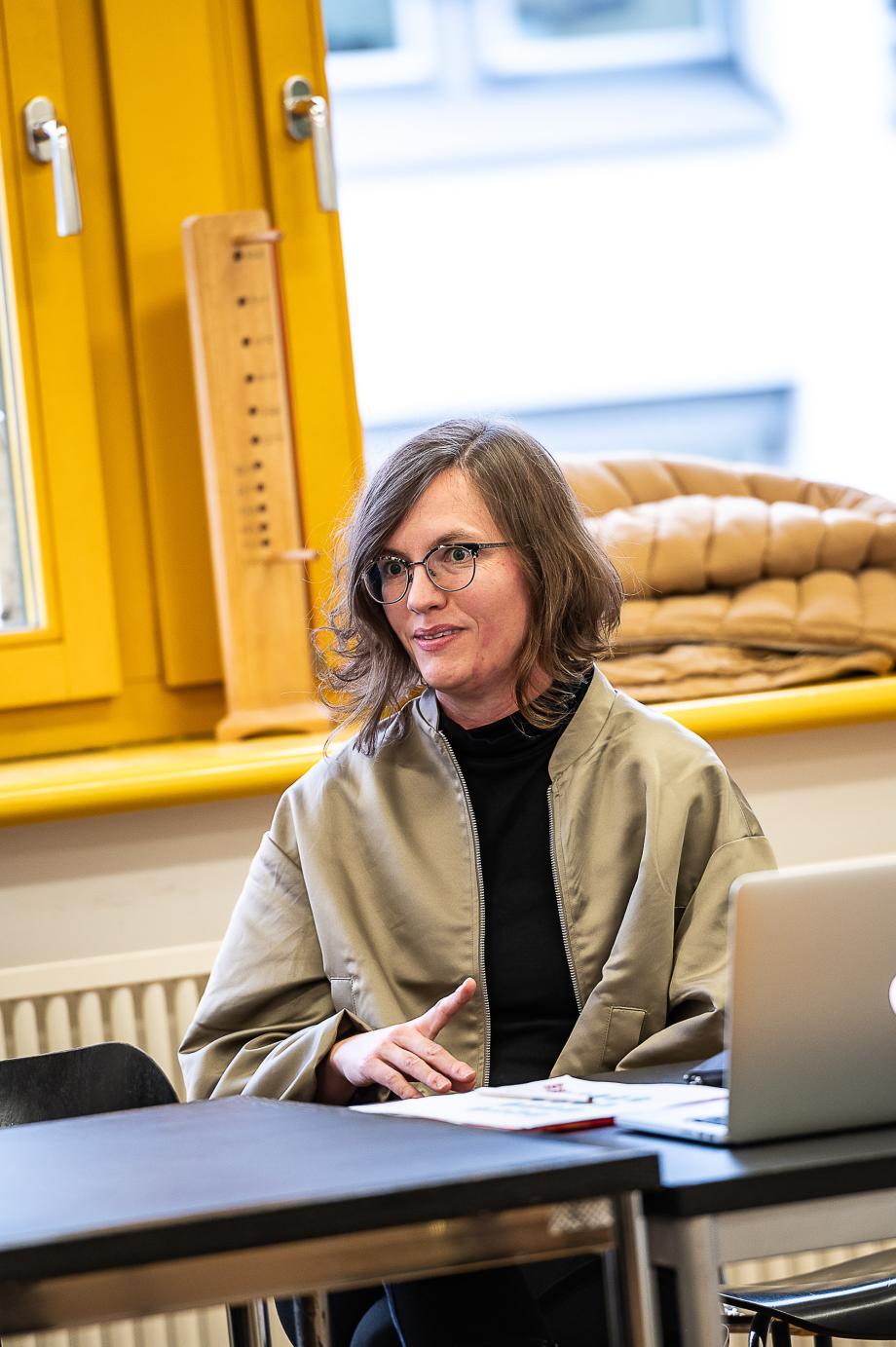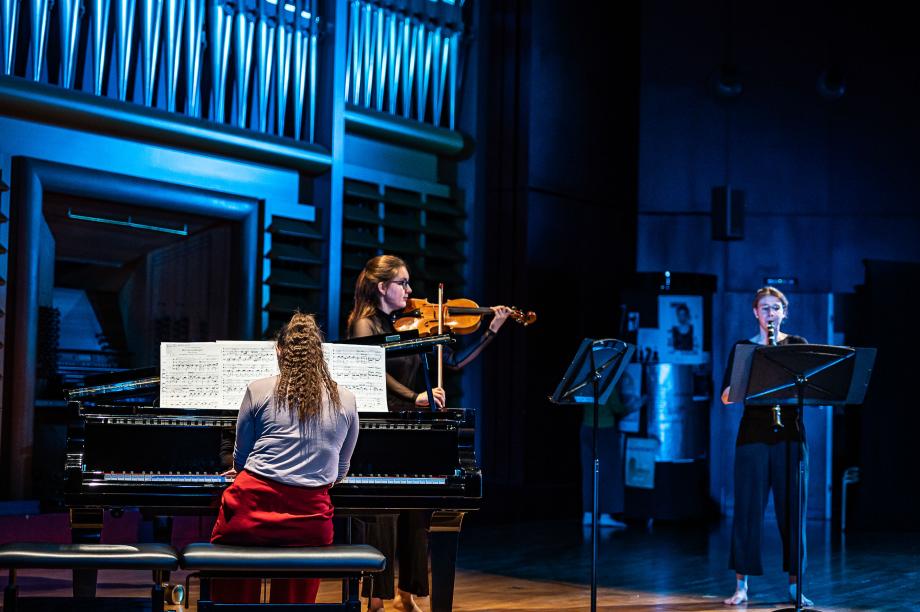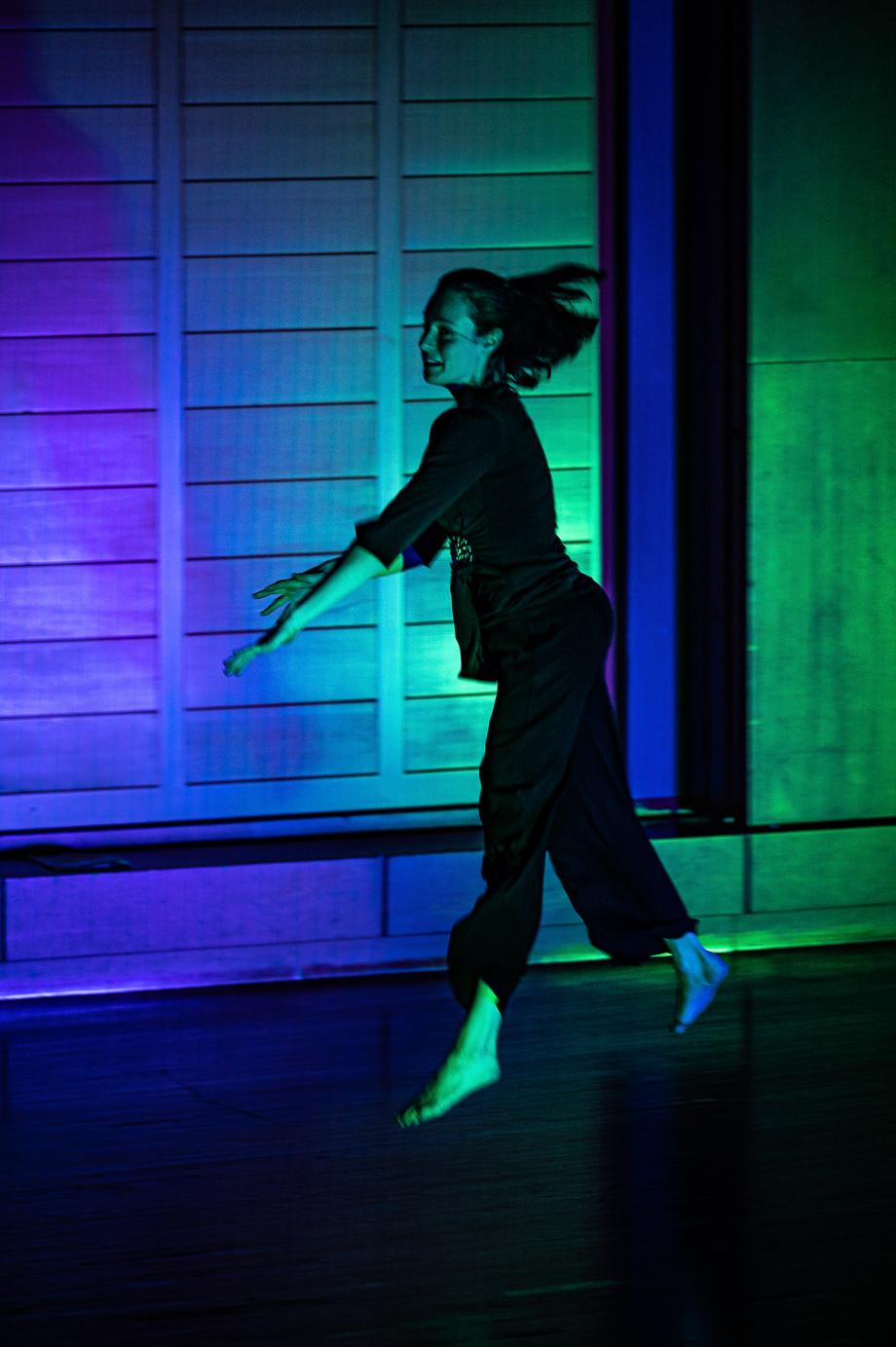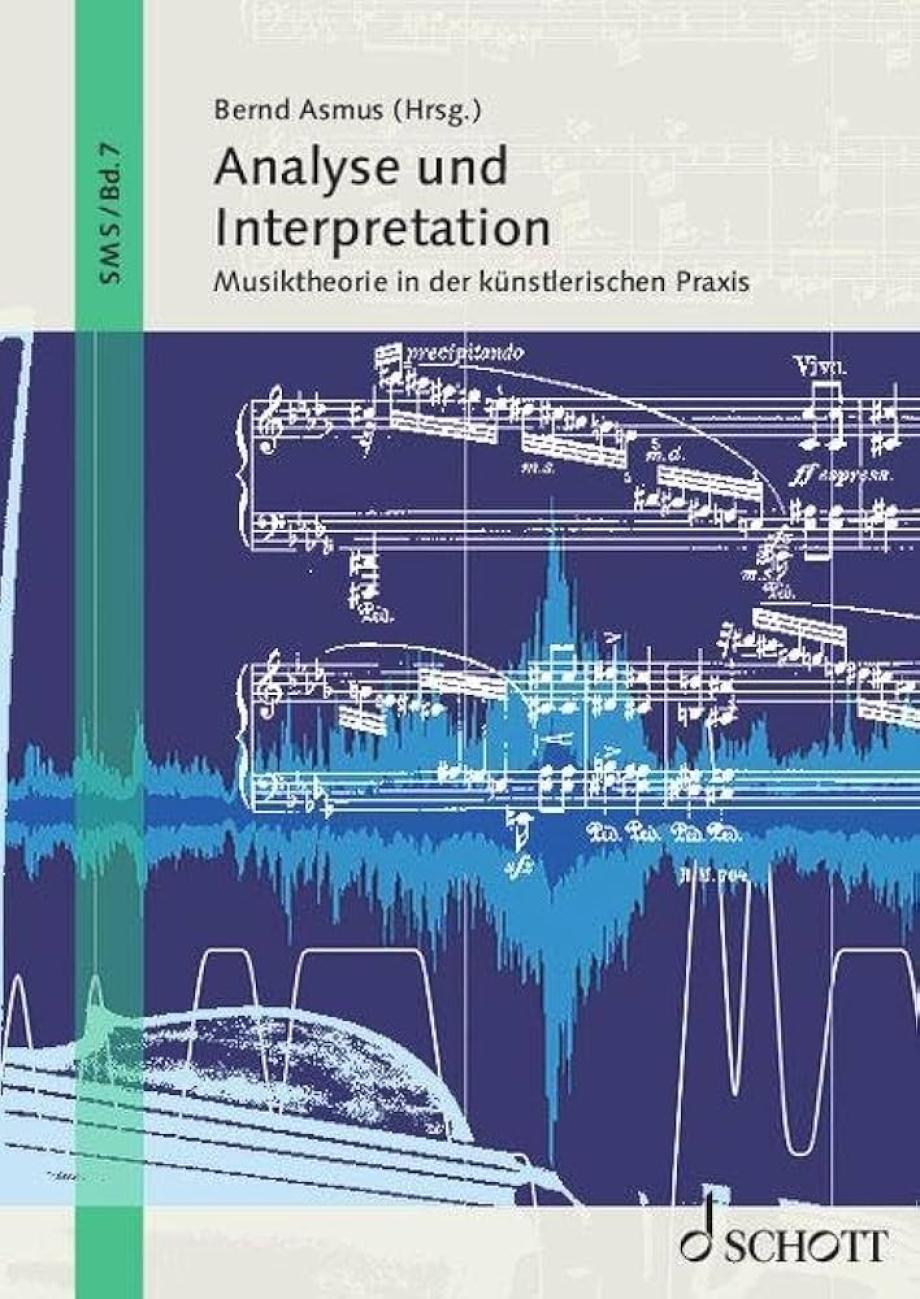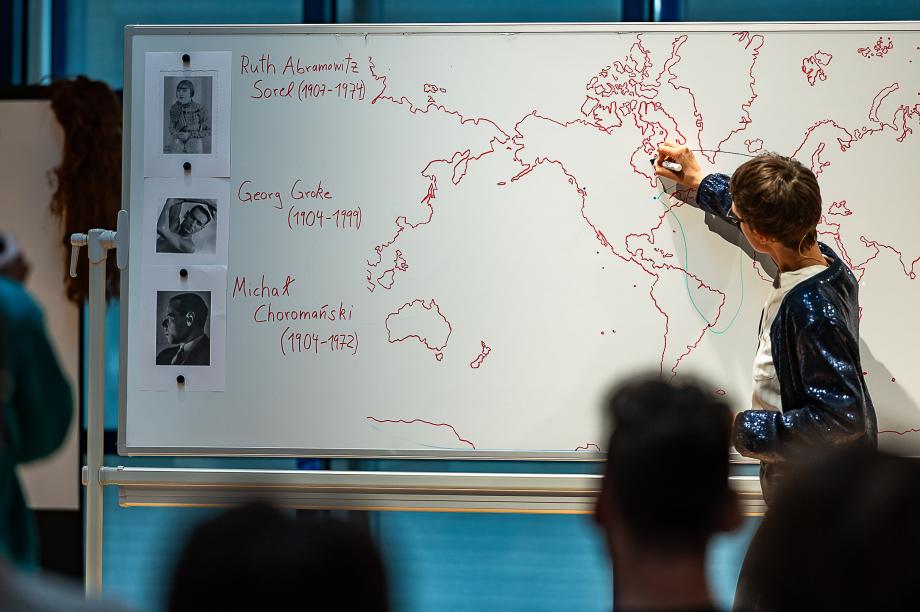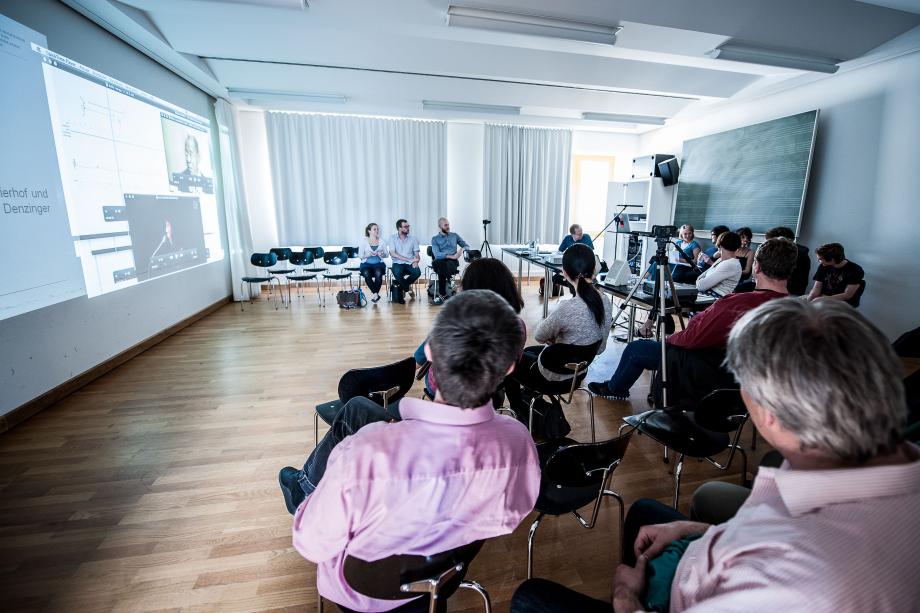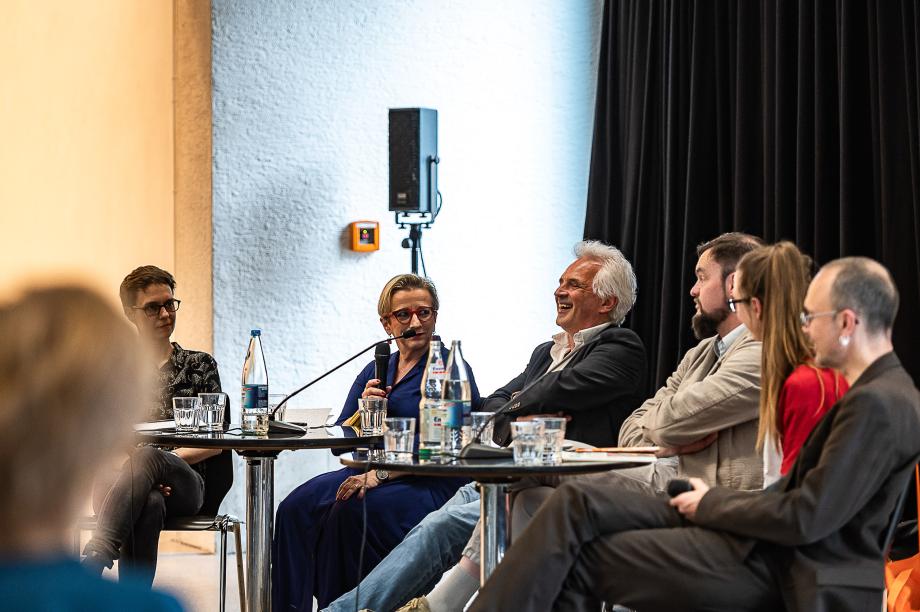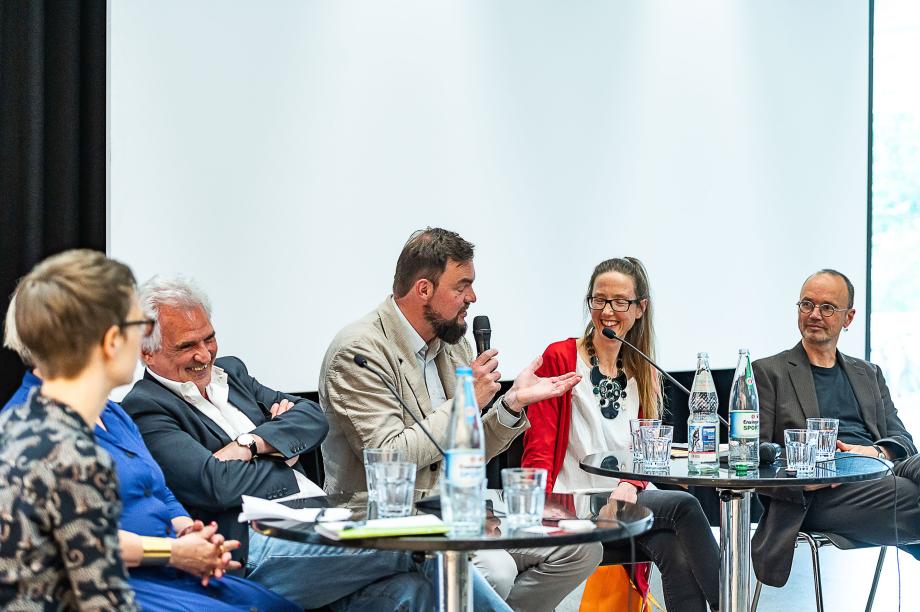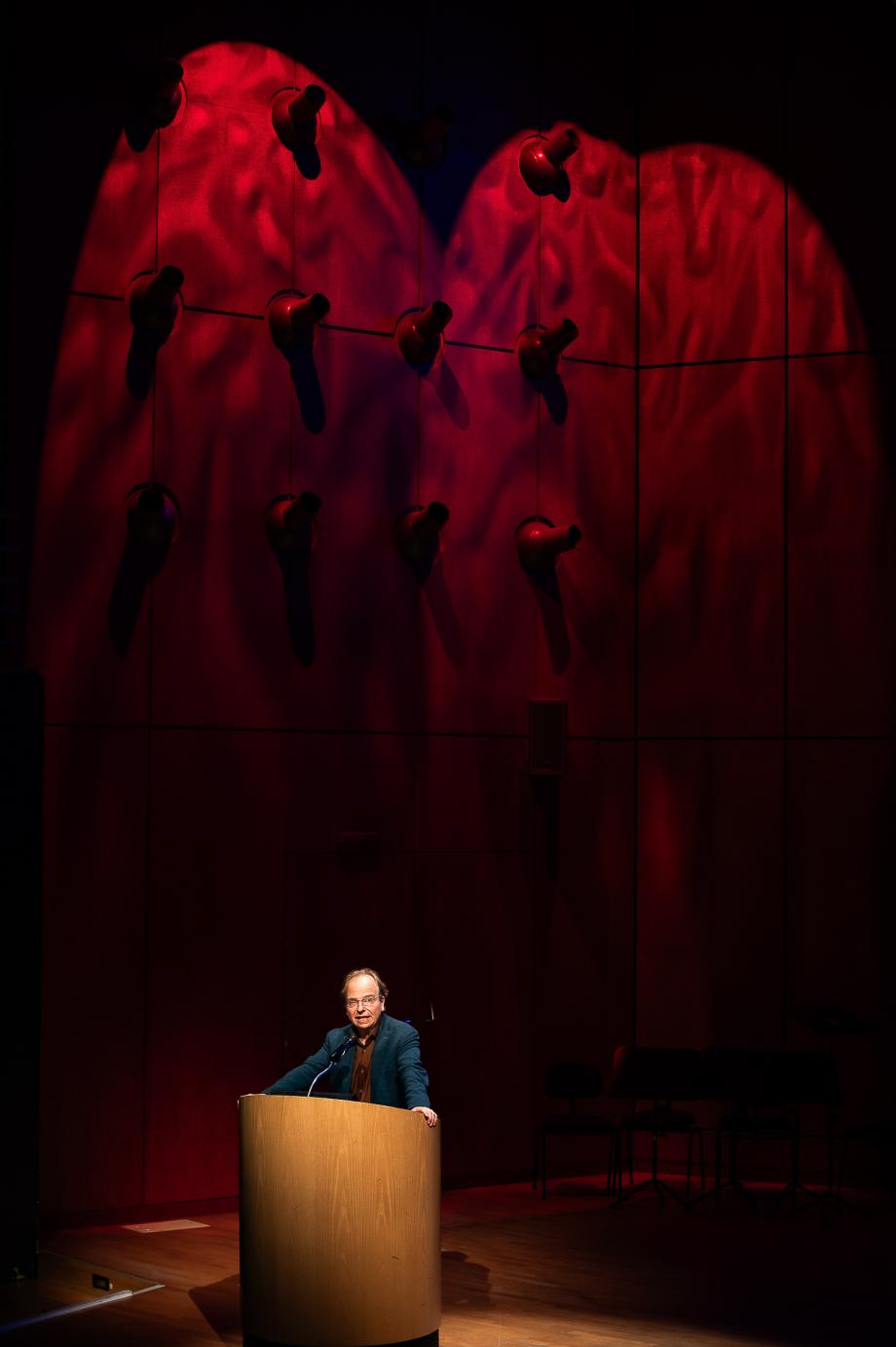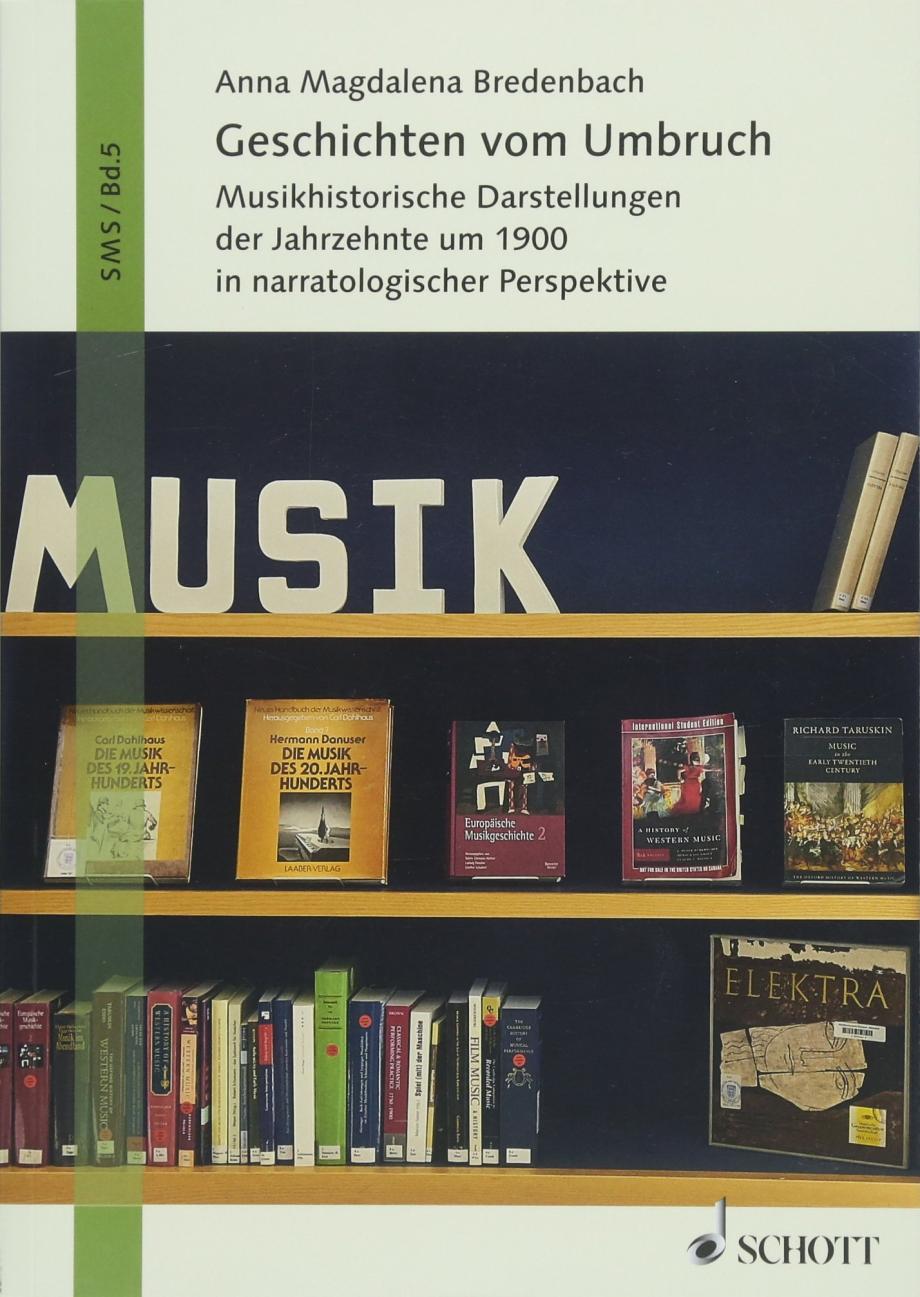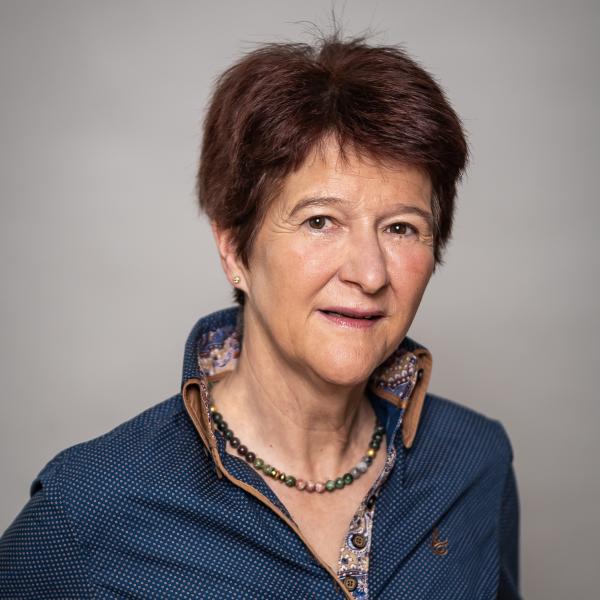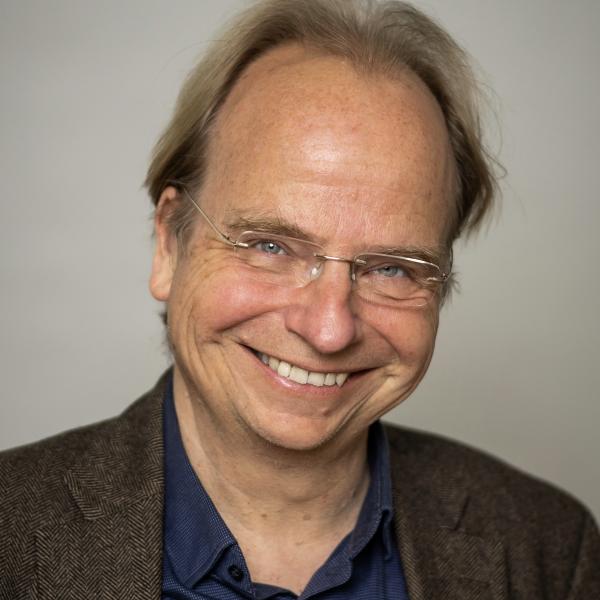Music and Science in Teaching and Research
The discipline occupies an interface between the subjects and programmes represented at the university. Musicology provides knowledge transfer, expands and differentiates "classical" educational content, offers a forum for critical reflection for artistic practice, and provides its own impulses such as repertoire expansion or historically informed interpretation. Historical Musicology addresses European music history in its entirety, as well as global or transcultural perspectives in excerpts. In addition to the historical or philological approach, methods of musical analysis and critical hermeneutics, empirical-quantitative methods, particularly in the field of music psychology, are equally significant. Other focuses include music sociology, interpretation research, and regional music history, often in collaboration with neighbouring disciplines such as music education, music theory, and aesthetics.
Musicology sees itself as a discipline that closely contextualizes artistic practice and creates spaces for dialogue. In addition to explicitly scientific events and in-house collaborations (e.g. with the Studios for Early and New Music or the Campus Gegenwart), projects have been and are being carried out in cooperation with institutions such as the State Gallery, the State Library, the State Opera, the Istituto Italiano di Cultura, the University of Stuttgart, as well as the "Bachakademie", the "International Hugo-Wolf-Akademie", the "Akademie für gesprochenes Wort", the "Kunstakademie", the "Akademie Schloss Solitude", and "Musik der Jahrhunderte".
The events in musicology are open to prospective music teachers (BA and MA Teaching degree with Music), church musicians, instrumental pedagogues, and students in the Bachelor's programmes in Music (including EMP). Since 2003, doctoral students and since 2012, students in the Master's program in Musicology have also been included. There is a regular teaching assignment in the field of church music. The recurring offer in the so-called systematic disciplines is strengthened by teaching assignments in areas such as instrument studies and ethnomusicology. Lectures and seminars are explicitly aimed at auditors - within the existing capacities.
A six-semester lecture series on the history of (primarily) European music in its various forms from classical antiquity to the present, as well as further lectures on more specific topics, form the backbone of the teaching. The aim of these lectures is to provide all students with a basic framework of facts, structures, and relationships, while also critically reflecting on this type of knowledge transfer and stimulating further questions.
Alongside the lectures, there is a seminar offering that allows students to set individual priorities. The range of courses in each semester is designed to provide the broadest possible offering, allowing for receptive and active learning to complement each other.
Following the initial methodological orientation ("Introduction to Scientific Work"), events in the basic studies (proseminars) offer all students the opportunity to explore the working methods and issues specific to the subject. On the other hand, the main seminars offer a deeper content-related focus and are primarily aimed at teaching students and students in the Master's programme in Musicology, but are open in principle to interested participants from other courses of study. At a stage where participants are already familiar with the techniques of academic work, there is the opportunity for greater independence in exploring musicological issues.
The examination colloquia (for the bachelor's thesis and the oral state examination) are intended to accompany students through the examination phase. In addition, a bi-weekly colloquium on current research questions offers advanced students, especially during work on their state examination, master's thesis, or dissertation, a platform for exchange.
Musicology in the courses of study
Musicology in Bachelor of Music · Musicology in Bachelor of Church Music
Musicology in Music Education · Master Musicology



















